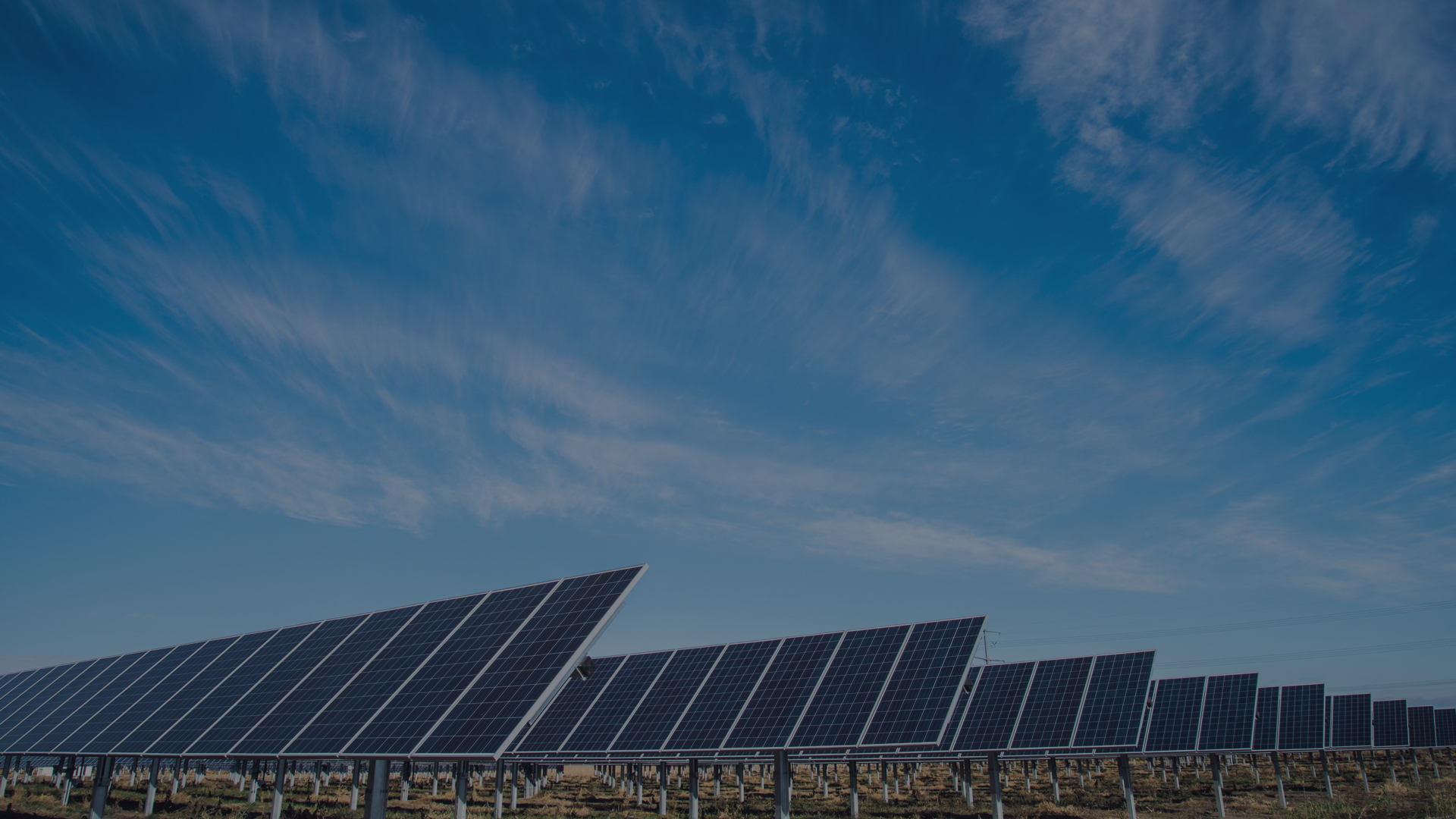Energy usage, energy efficiency and reducing the amount of carbon produced by homeowners and businesses have been the centre of much debate recently.
The government has now announced a series of proposals to reduce overall electricity usage in the UK.
It is far cheaper to reduce the amount of electricity used across the country (on an individual level) than it is to pay suppliers to produce it – money is saved on energy bills and the costly process of generating electricity is reduced.
According to the Department of Energy and Climate Change (DECC), a reduction in energy use of just ten per cent could produce savings of around £4 billion by 2030, which would more than compensate for the cost of making efficiency investments upfront. Along with the financial savings, this reduction would save 4.5 megatonnes of carbon a year (roughly the amount produced by a large city).
Energy Secretary Edward Davey said: "The Coalition Government is absolutely determined to help cut energy bills for consumers, reduce costs for businesses and bring down our emissions. We need to make our energy supply fit for the 21st century, and in a world of rising gas prices we must power our homes and businesses in a much more efficient way.
"That’s why today I am setting out economy wide, ambitious proposals to cut electricity demand. These build on our energy efficiency strategy published earlier this month and will help us lower bills and reduce the need for expensive new energy generation."
The DECC has proposed a number of changes to reduce electricity usage across the country, including the introduction of a financial incentive for each kWh saved through energy saving measures installed, such as energy efficient lighting. This would work in much the same way as the Feed in Tariff for renewable energies such as solar power.
This Feed in Tariff for energy saving measures could see even more people looking to install renewables in an attempt to further reduce their energy bill.
